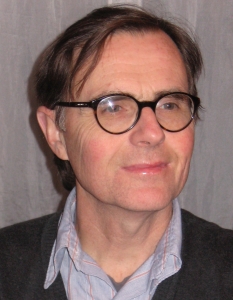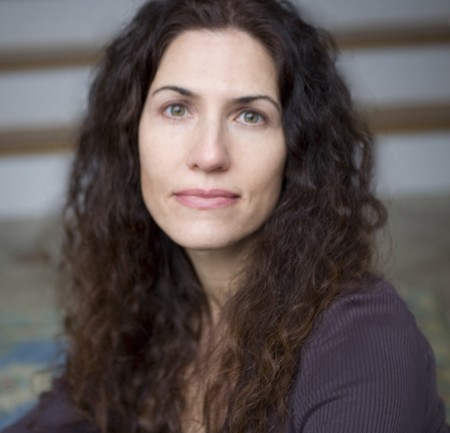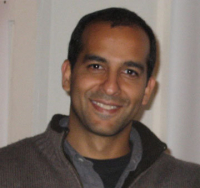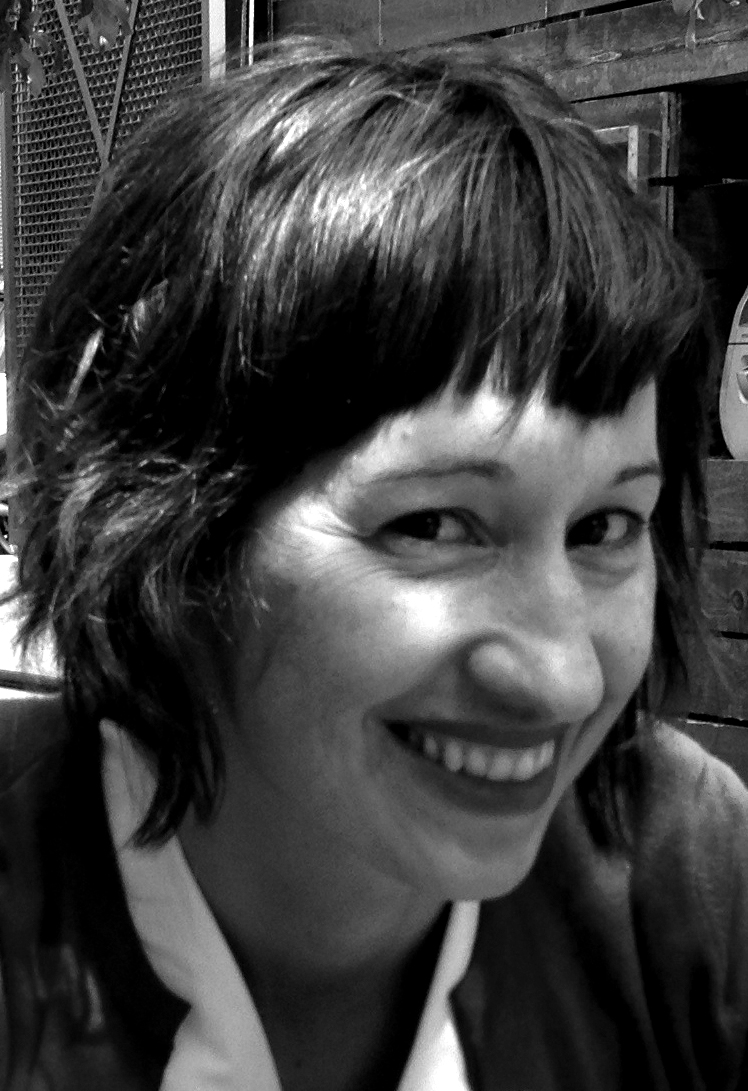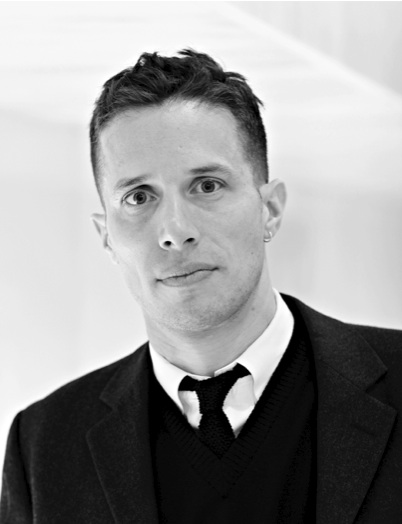Jan 12, 2013 at 7:30 pm
In the Valley of the Uncanny: Humans and Humanoids
With Laurie O'Brien, Allison de Fren, Asif Ghazanfar, John Bell and D. Graham Burnett.
Puppets, robots, cyborgs, sex dolls, automata. These not-quite-human beings alternately – sometimes simultaneously – attract, move and repulse us, populating the social landscape as our toys, our tools, our companions and our fantasies.
In the 1970s, Japanese roboticist Masahiro Mori first used the term “The Uncanny Valley” to describe the profoundly unsettling sense of the non-human in these human-like beings. Building on Freud’s definition of the uncanny as the feeling of strangeness in something familiar, Mori’s theories have since become influential in fields as diverse as puppetry, psychology, animation and video games.
Our guests take us on a tour of the Uncanny Valley, exploring the horrors as well as the pleasures of the not-quite-human. John Bell traces a history of the uncanny in puppetry; Allison de Fren shares her short documentary on robot fetishists; Asif Ghazanfar discusses his research on the Uncanny Valley effect among monkeys; and Laurie O’Brien introduces us to Toby the Puppet. Together, they examine and indulge in the enduring human fascination with the humanoid.
John Bell is a puppeteer, theater historian and director of the Ballard Institute & Museum of Puppetry at the University of Connecticut; he is also currently the J. Donald Monan, S.J. Visiting Professor in Theatre Arts at Boston College. He is a founding member of the Obie-award-winning theater company Great Small Works, based in Brooklyn, and was previously a member of the Bread & Puppet Theater company. He is the author of many books and articles about puppet theater, including most recently American Puppet Modernism:The Material World in Performance. He and his wife Trudi Cohen are currently performing their toy theater spectacle Living Newspaper; they are also organizers of Boston’s Honk! Festival of Activist Street Bands and members of the Second Line Social Aid & Pleasure Society Brass Band.
Allison de Fren is a filmmaker and scholar based in Los Angeles, who divides her time between creating, writing, and teaching about media, gender, and technology. While she has long been fascinated by dolls, puppets, and automata, her interest in men who build artificial women was sparked in her former life as a digital interaction designer, while working among predominantly male roboticists at a future technology “think tank” in Silicon Valley. Her recently-completed feature-length documentary, The Mechanical Bride (2012), is “a moving, weirdly human exploration of artificial companionship” (WIRED), which premiered at Hot Docs. She is currently an Assistant Professor of Media Arts & Culture at Occidental College in LA.
Asif Ghazanfar is an Associate Professor at the Neuroscience Institute and in the Departments of Psychology and Ecology and Evolutionary Biology at Princeton University. His research focuses on the development, evolution and neurobiology of primate communication and how they are influenced by body morphology and socioecological context. Since 2009, he has been investigating the “uncanny valley” response in both monkeys and human infants.
Laurie O’brien is an artist working in video, installation, animation, performance and puppetry. Her work is inspired by the outdated, the hand-made and the mechanical combined with the digital. Sheis particularly interested in dual identities, alternate worlds and our attraction to deception. She recently directed a puppet play The Architecture of Great Cathedrals by Erik Ehn at La Mama in November 2012. She is a recipient of the Henson Foundation Carriage Grant and Residency this May in NYC and is a Princess Grace Award recipient in theater. She is currently a Visiting Assistant Professor of 4D Design (time-based art) in the Photography Department at RIT in Rochester, N.Y.
D. Graham Burnett is an editor at Cabinet magazine, in Brooklyn, and a member of the faculty at Princeton University. He studies the relationship between power and knowledge, and writes on human beings’ changing understanding of nature and technology. Burnett was a Marshall Scholar at Trinity College, Cambridge, where he completed a Ph.D. in the History and Philosophy of Science, and he is the author of five books, including Descartes and the Hyperbolic Quest (2005) and Trying Leviathan (2007), which won the New York City Book Award. A recent Mellon Foundation “New Directions” Fellow, Burnett is currently writing on the intersection of humanistic scholarship, artistic practice, and scientific research.


